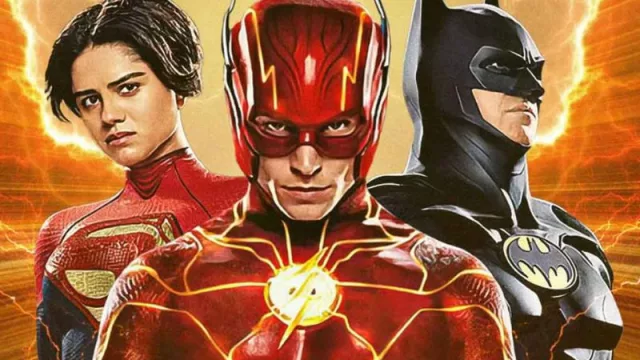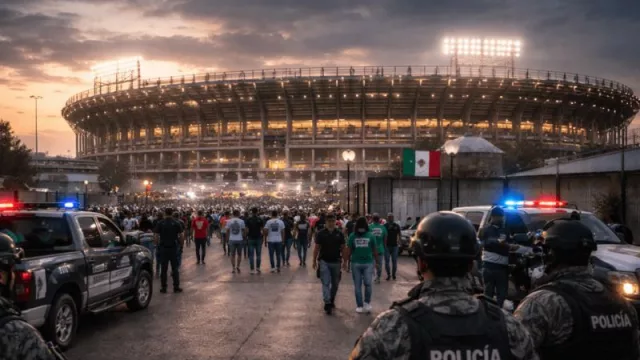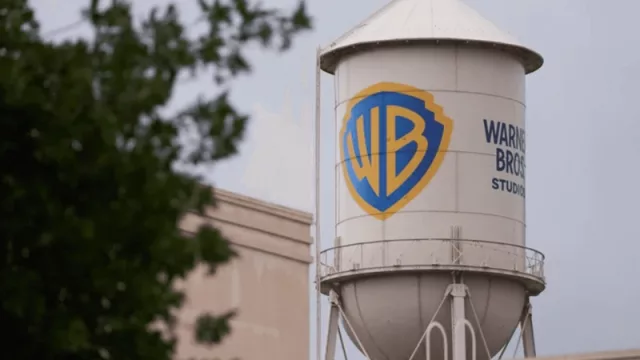Despite controversies surrounding the lead actor and changes in strategy, the film finally made it to theaters after facing several production problems. However, its box office performance was extremely underwhelming, with a 72.5% drop in the second week compared to its opening weekend.
The budget for The Flash was $220 million, with an additional $150 million for promotional expenses. Due to its poor box office performance, Warner Bros. will face a loss of over $200 million, making it the biggest financial loss suffered by a superhero movie.
In its third week in theaters, the film only earned $5.23 million, bringing the total in the United States to $99 million. This figure pales in comparison to the success of other superhero movies.
Why has The Flash been a failure? There are several factors that may have influenced its underperformance at the box office, one of them being the lack of established appeal of the Flash character compared to other iconic superheroes. Although Warner Bros. attempted to focus on the return of Michael Keaton's Batman, the prominence of the Flash character failed to generate the same interest among the audience.
We are not necessarily referring to the controversies surrounding the actor, although it is likely that some fans boycotted the movie due to that. Rather, the issue lies in the fact that the Flash is not an established box office draw, and no matter how much Warner Bros. tried to focus on Michael Keaton's return as Batman, it ultimately remains a Flash movie.
Additionally, the absence of Keaton and Miller in the press tour to promote the movie diminished the impact of the advertising campaign. Having big names in the promotion is essential to attract a wider audience and generate interest in the film. Even Sasha Calle's portrayal of Supergirl was not enough to attract an audience beyond dedicated comic book fans.
Warner Bros. attempted to build anticipation by showing a "not final" version at CinemaCon two months before the release, which sparked rumors and expectations. However, when the reviews were finally released on June 6th, the response was mixed, affecting the overall perception of the movie.
Free screenings for fans also backfired, as many people who would have paid to see it on opening weekend had already watched it, and key moments of the film were leaked online, further diminishing its appeal in theaters.
The Flash's failure at the box office can be attributed to several factors, including the lack of a strong draw for the character and an ineffective marketing strategy. To achieve success with a superhero movie, it is essential to generate positive expectations and attract a wider audience through an effective promotion, featuring prominent industry names. In an alternate universe, The Flash might have been a hit, but in this one, it failed to overcome the obstacles.
It is also true that it was released amidst the competition of Barbie, Oppenheimer, and, to add to the challenge, amid the buzz of a movie that has caused controversy, despite certain sectors trying to suppress it. We are referring to Sound of Freedom.












Tu opinión enriquece este artículo: